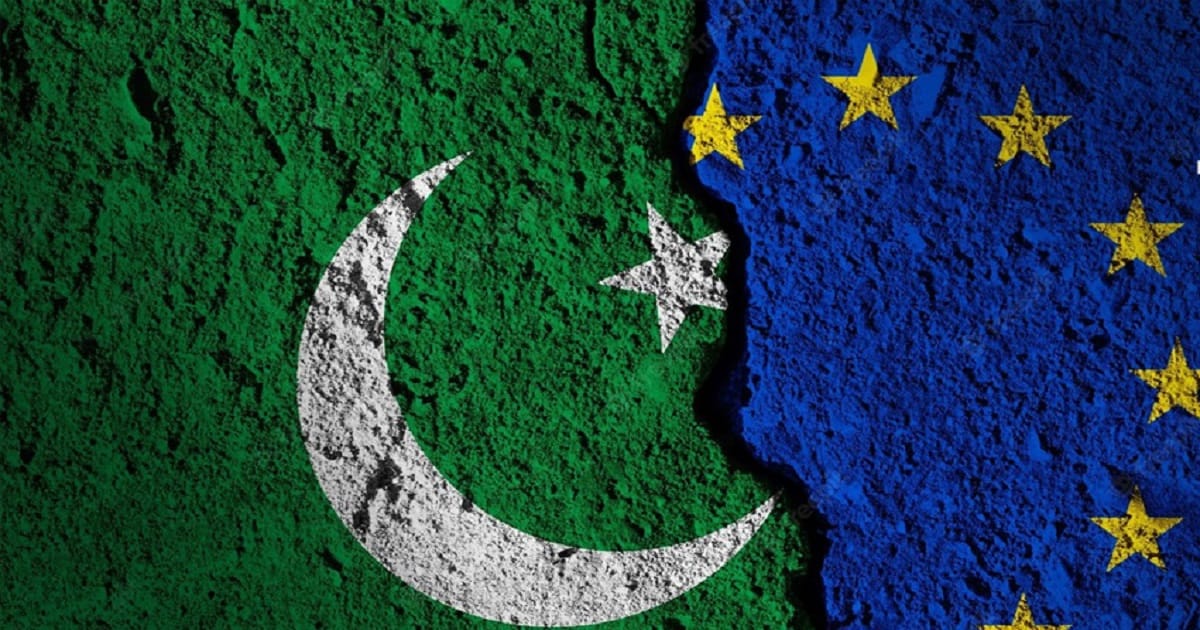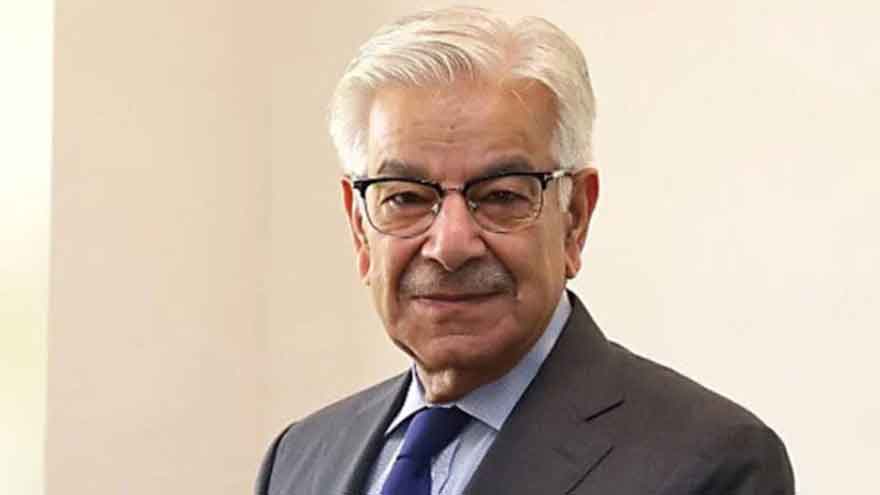European Union flags concerns over military court convictions in May 9 riots

The European Union (EU) has expressed concerns over the recent verdicts delivered by Pakistan’s military courts against 25 civilians involved in attacks on military installations during the May 9 riots.
The EU argues that these sentences conflict with Pakistan’s international obligations under the International Covenant on Civil and Political Rights (ICCPR), which the country ratified.
A statement issued by the European External Action Service (EEAS) stressed that the military court’s handling of these cases was inconsistent with Pakistan’s commitments to ensuring a “fair and public” trial for all individuals, as outlined in the ICCPR.
Article 14 of the ICCPR guarantees every person the right to a fair and public hearing by an independent, impartial, and competent court, along with the right to adequate and effective legal representation. Additionally, the article stipulates that judgments in criminal cases must be made public.
On December 20, a military court sentenced 25 individuals to prison terms ranging from two to ten years for their involvement in violent protests and attacks on military installations following the arrest of former prime minister Imran Khan in May 2023.
The military described the May 9 events as a series of “politically provoked violence and arson,” marking a “dark chapter” in Pakistan’s history. The statement also highlighted that these attacks were politically orchestrated, resulting in damage to army installations and martyrs’ monuments.
The EU’s statement reiterated concerns that such verdicts contradict Pakistan’s adherence to international human rights standards. “These decisions are seen as inconsistent with the obligations Pakistan has undertaken under the ICCPR,” the statement read.
It also reminded that under the European Union’s Generalized Scheme of Preferences (GSP+), Pakistan is required to implement 27 international conventions, including the ICCPR, to continue benefiting from preferential trade access to the EU market.
The GSP+ status provides significant trade advantages for Pakistan, allowing duty-free access to the EU market for many of its exports, including textiles, garments, and surgical goods.
However, this status is conditional on Pakistan making tangible progress in human rights, governance, and environmental protection, all of which are part of the 27 core conventions.
In its reaction, the EU emphasized the need for Pakistan to uphold its commitments to international law and ensure fair and transparent judicial processes.
The EU’s GSP+ scheme has been a critical driver of Pakistani exports to the European market, increasing by 65% since Pakistan’s inclusion in the program in 2014.
The military’s statement, however, defended the verdicts, noting that the sentences were delivered following a thorough review of evidence and legal procedures. It asserted that the convicted individuals were granted their legal rights during the trial.




